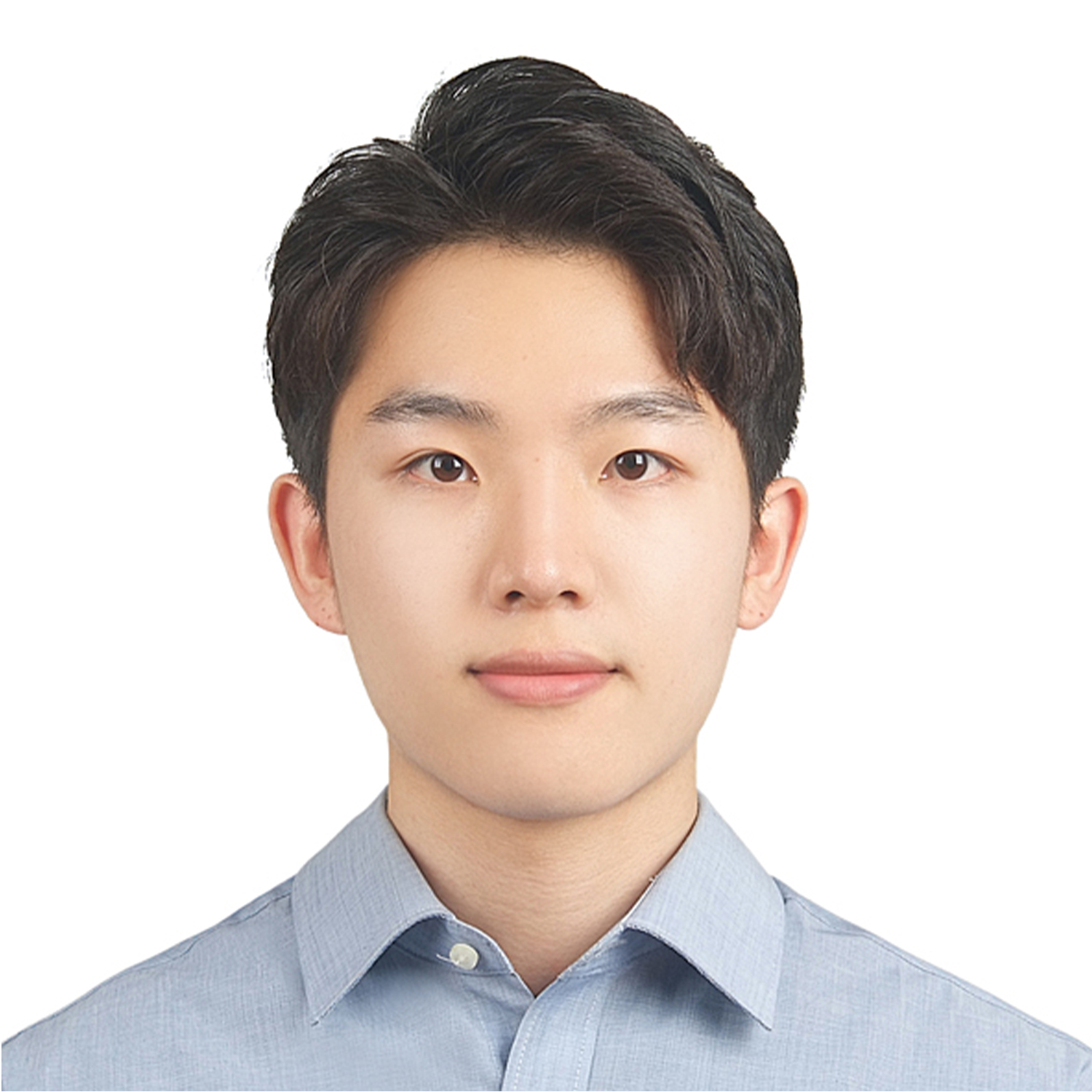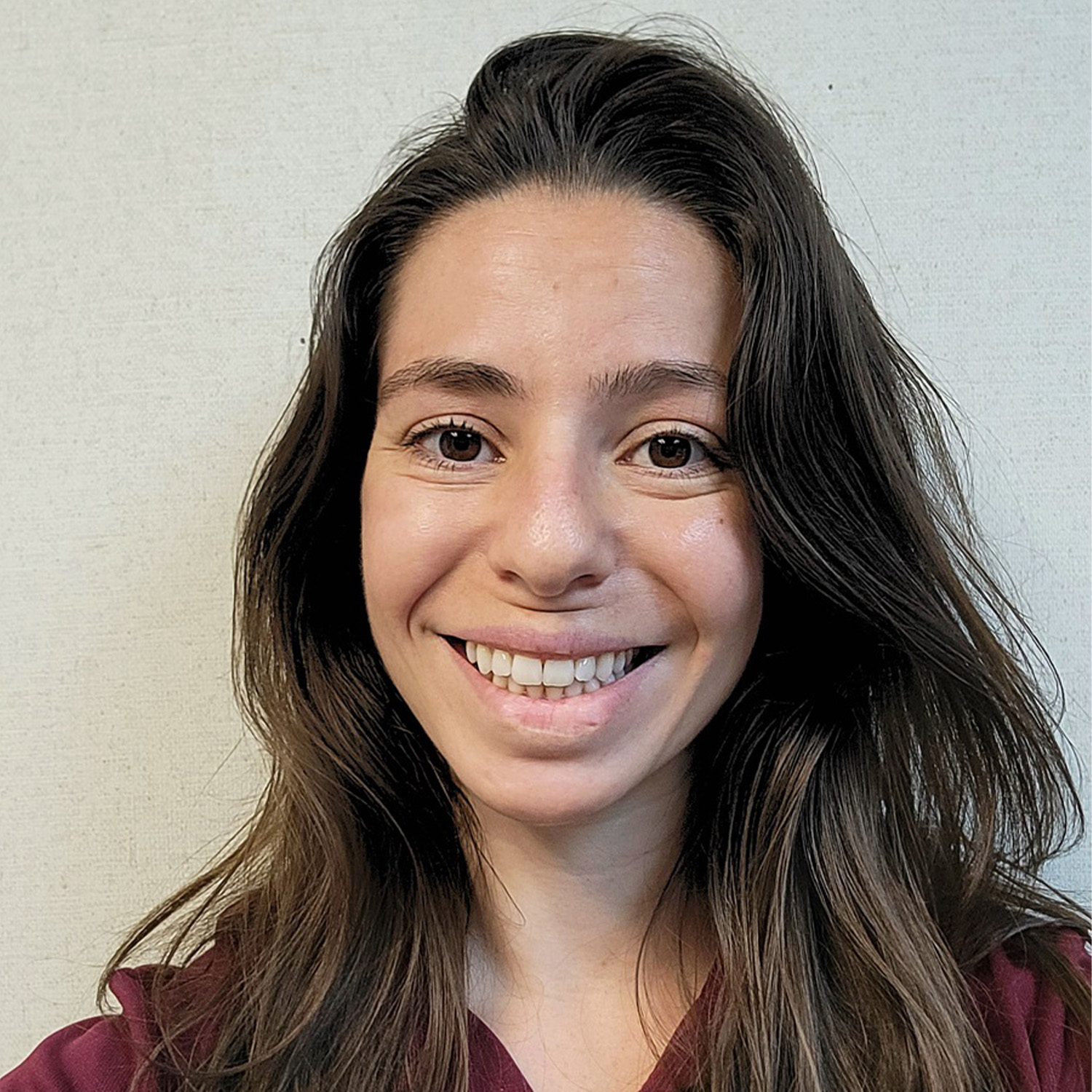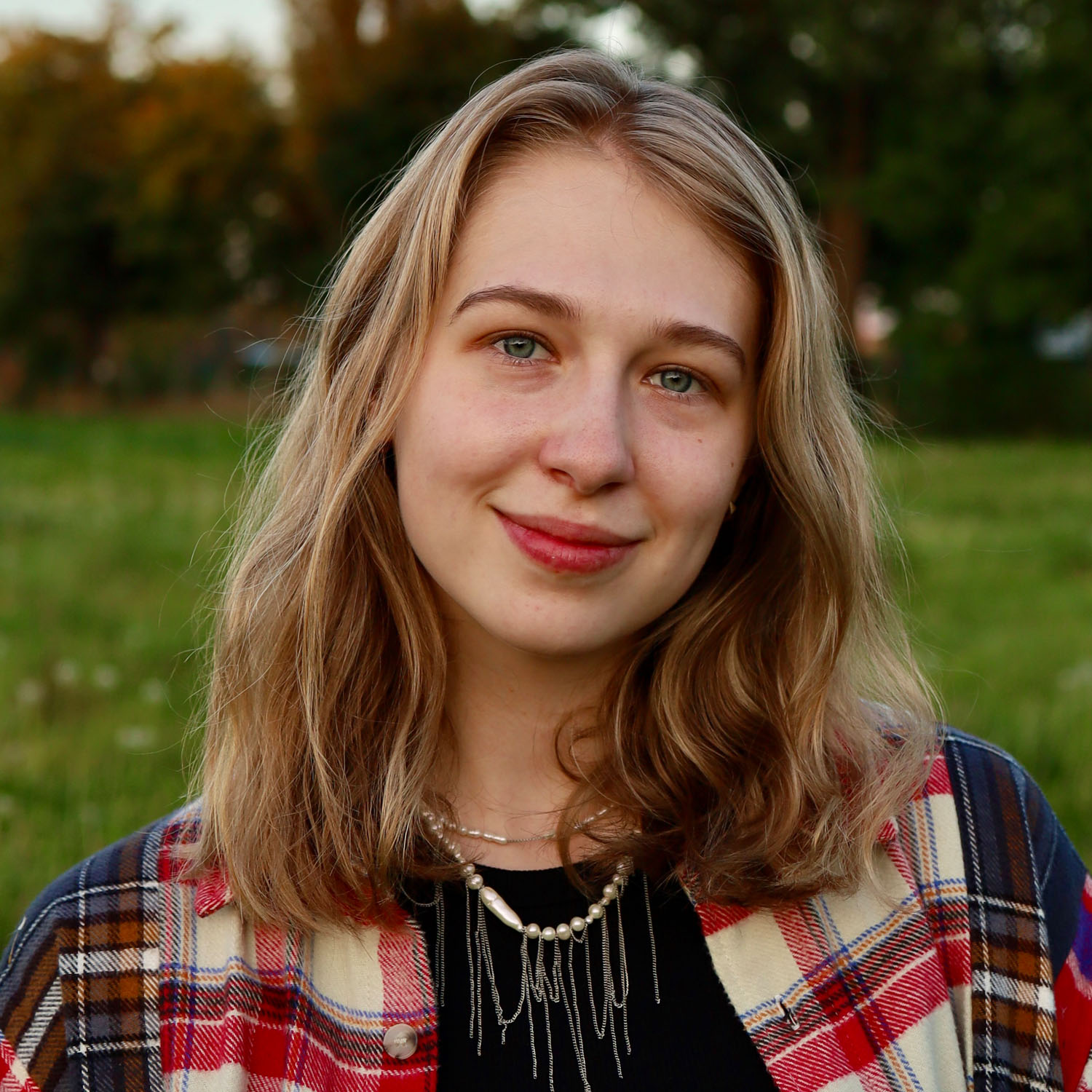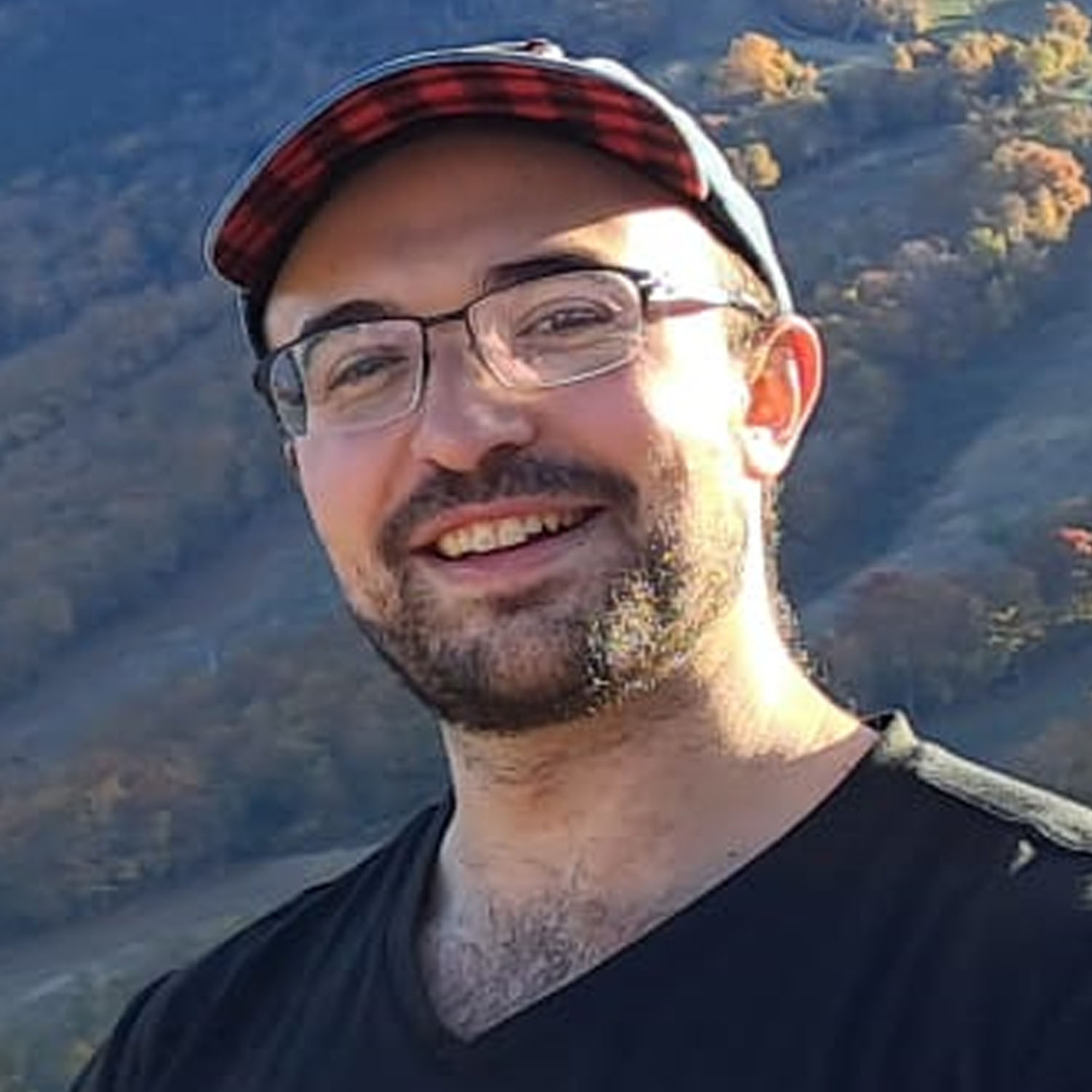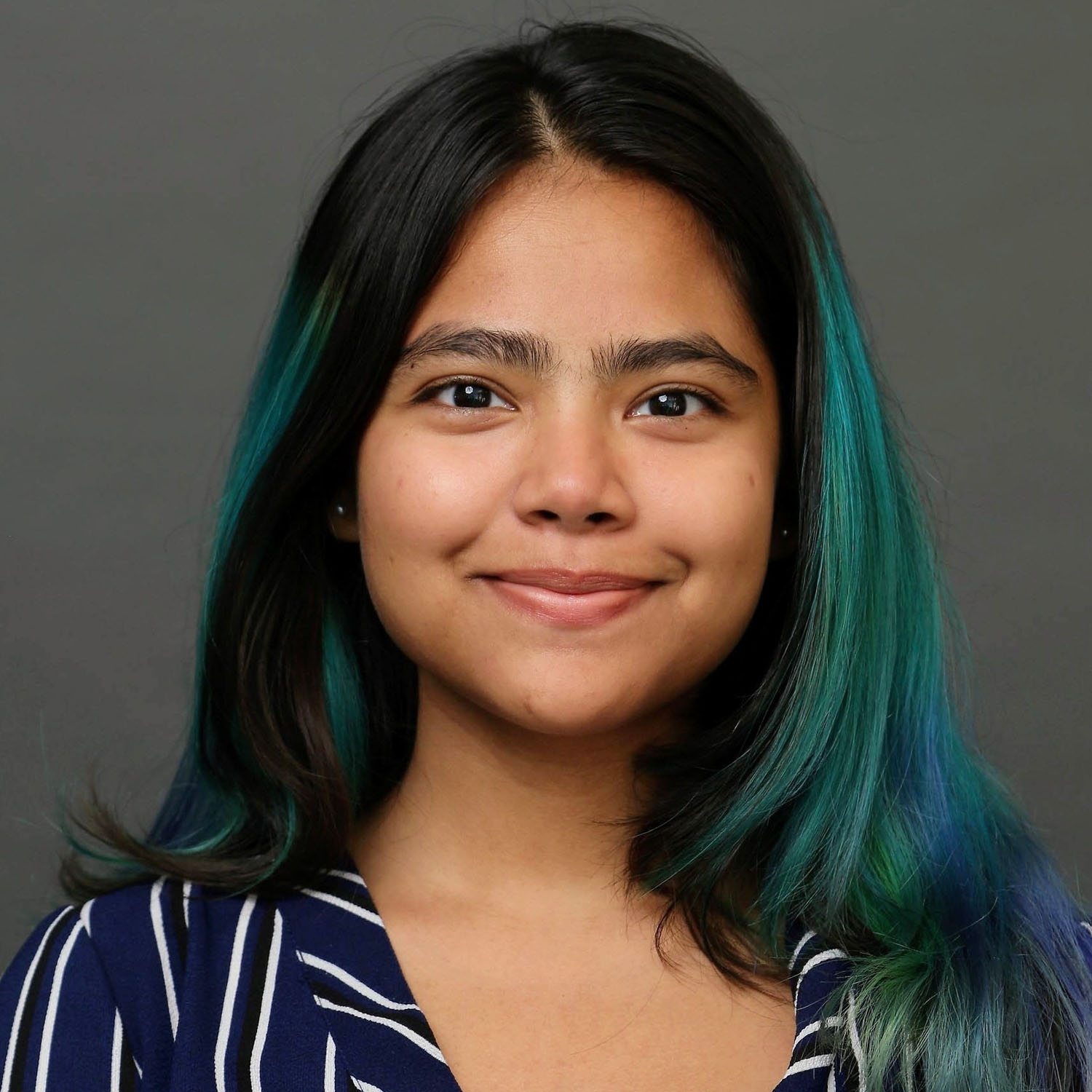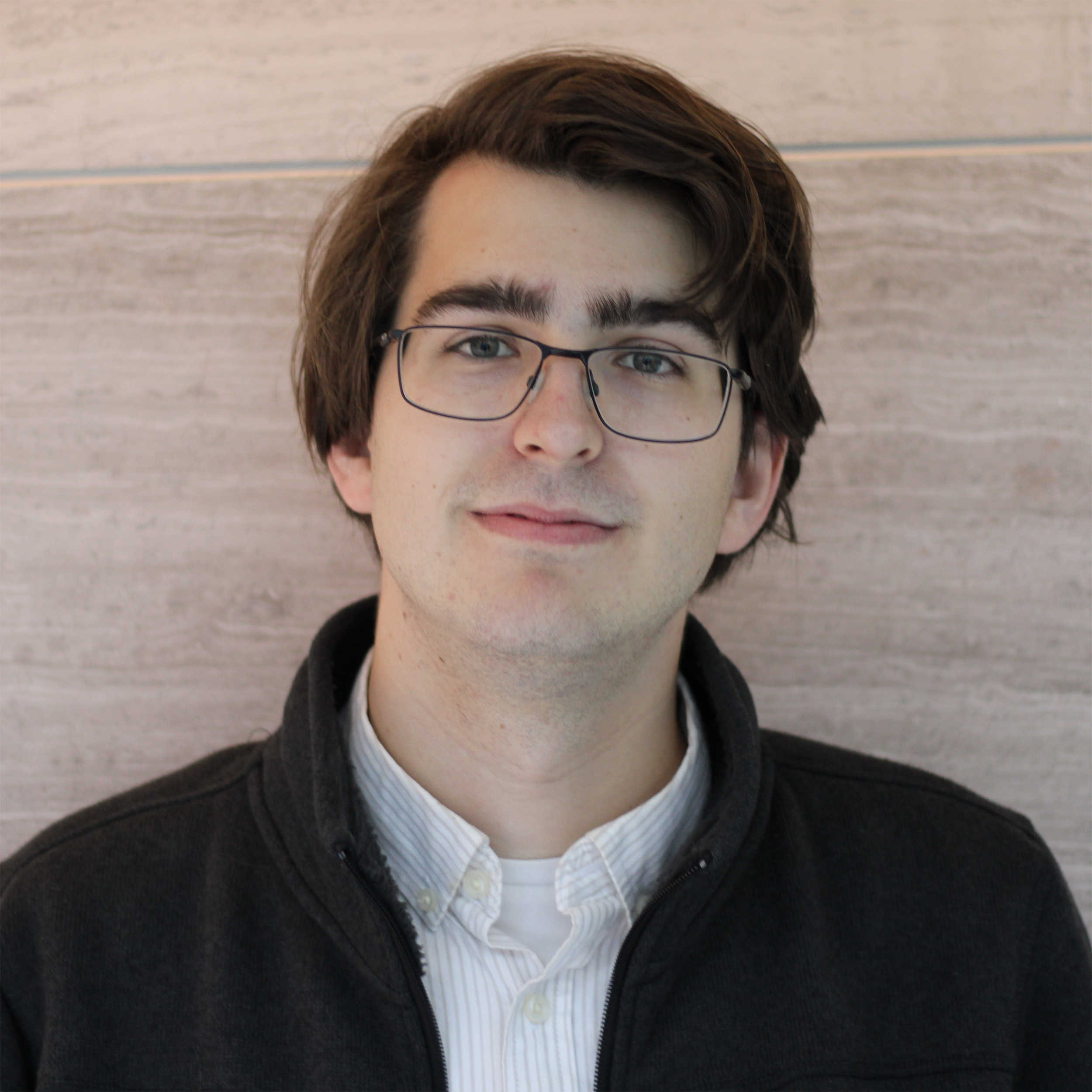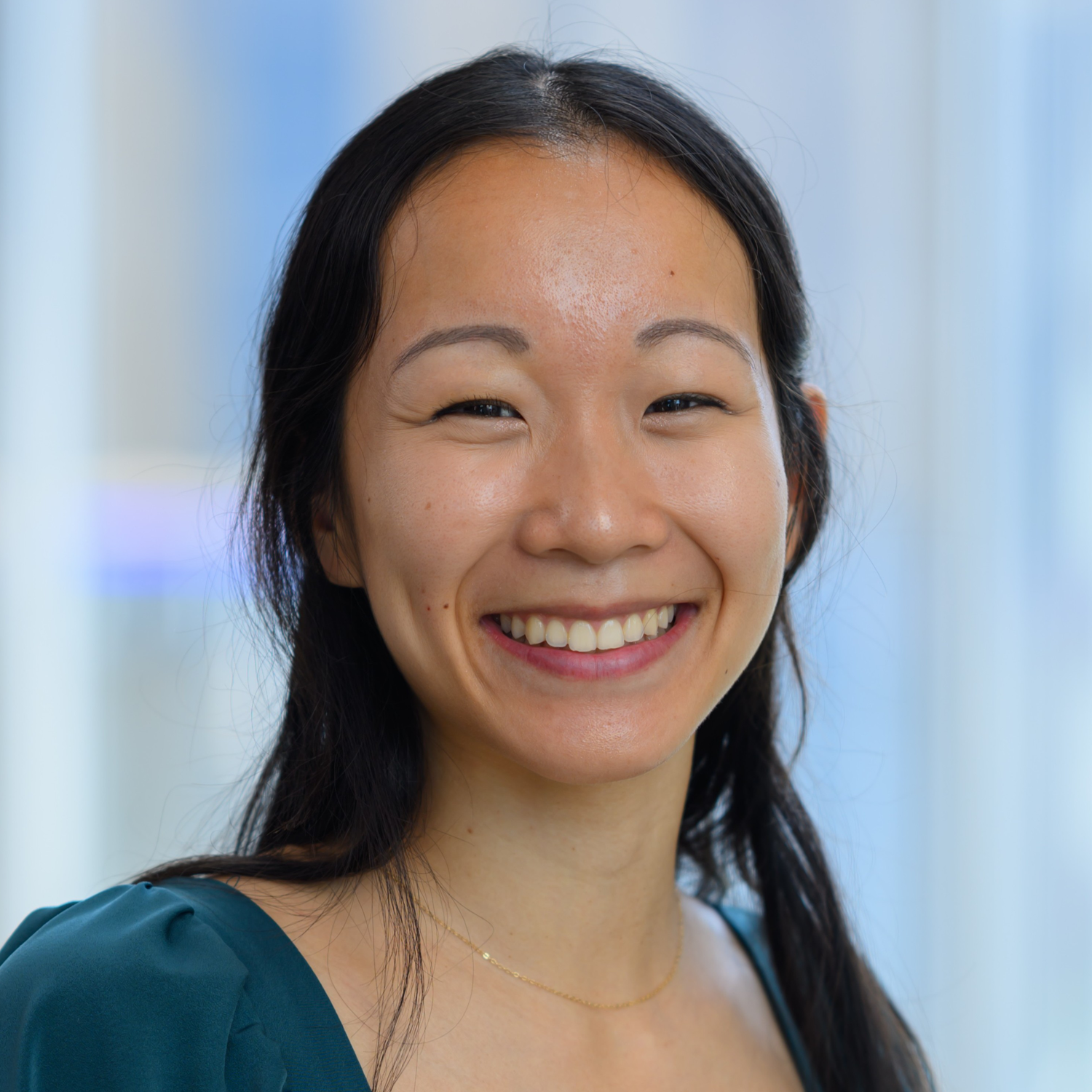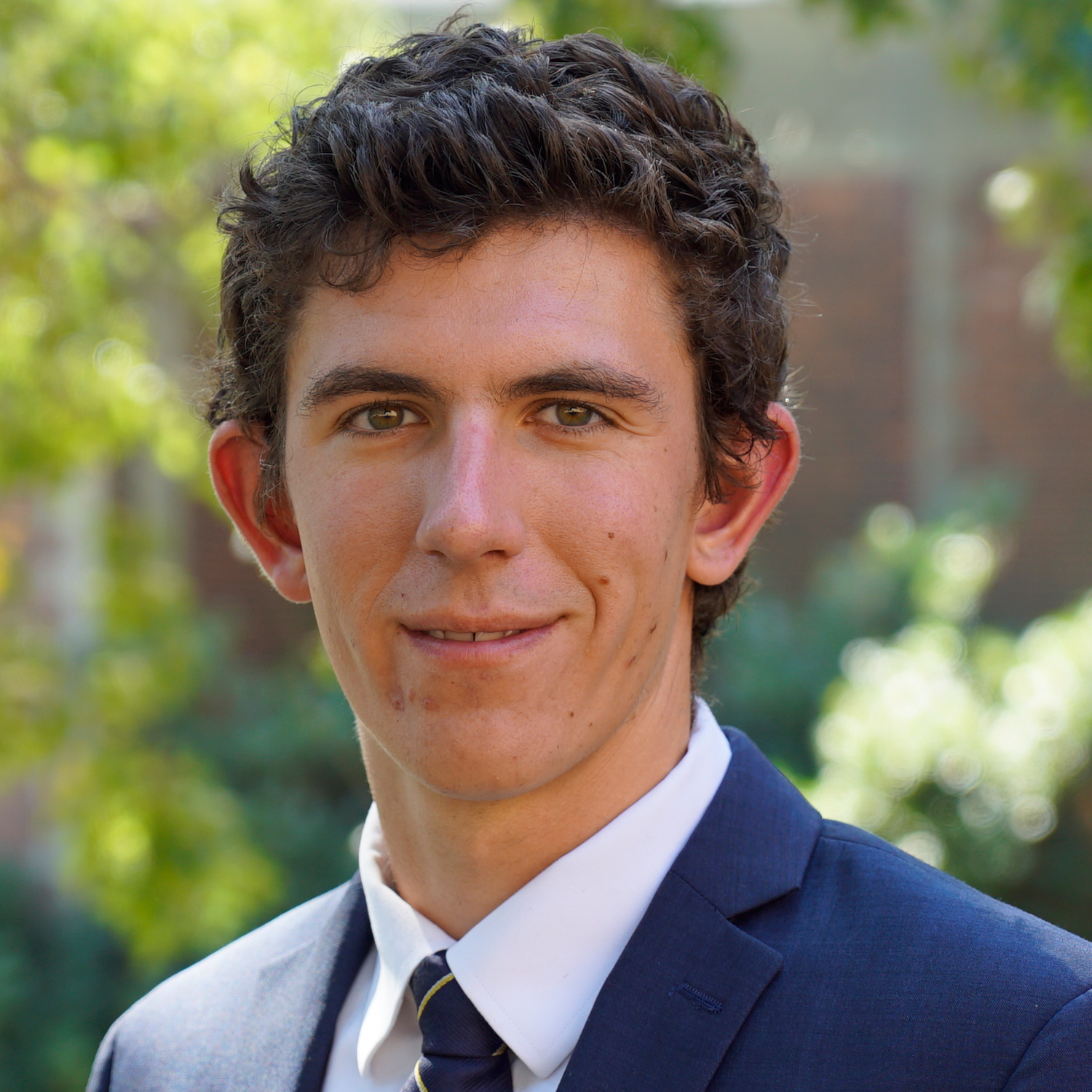MathWorks Fellowships

MathWorks Fellowships empower MIT engineering graduate students to explore bold ideas and push the boundaries of discovery. Building on MathWorks’ legacy of advancing computational tools and innovation, fellows develop transformative solutions across fields—from sustainable energy and advanced computing to biomedical breakthroughs. It’s support that fuels curiosity, accelerates progress, and drives engineering forward.
-
455
455 total MathWorks Fellows
-
85
85 MathWorks Fellows selected per year
Quick Links
About MathWorks Fellowships
About MathWorks Fellowships
MathWorks Fellowships empower graduate students to pursue boundary-pushing research that advances discovery, innovation, and human progress. Rooted in MathWorks’ legacy of transforming how engineers and scientists solve problems, these fellowships give students the freedom, tools, and mentorship to turn bold ideas into lasting impact.
Over 500 MathWorks Fellows in the School of Engineering—and hundreds more in the School of Science—have driven breakthroughs in fields from AI and energy to climate and biomedicine.
MathWorks Fellows receive:
- Unrestricted funding: Fellows have the flexibility to pursue ambitious research without the constraints of a specific grant.
- Powerful tools: MATLAB and Simulink enable fellows to model systems, analyze data, and accelerate innovation across disciplines.
- Freedom to take risks: Fellows are encouraged to explore uncharted ideas and redefine what’s possible in engineering and science.
- Mentorship and collaboration: Access to MathWorks engineers and experts provides real-world insights and an expanded professional network.
Eligibility & Application
Eligibility & Application
Eligibility
Graduate students currently enrolled in the MIT School of Engineering are eligible to apply. Please note: First-year graduate students and students in professional master’s programs are not eligible. Preference is given to students actively using MATLAB and/or Simulink in their research.
Application Process
Interested students should contact their department’s graduate administrator at the beginning of the spring semester to initiate the application process.
Application Materials
Students interested in applying to receive a MathWorks Fellowship should prepare the following application materials:
- Curriculum Vitae showcasing academic achievements and research experience.
- Research Statement (maximum two pages) describing how MathWorks tools contribute to and advance the applicant’s research.
- Letter of Recommendation from the applicant’s research advisor.
Current MathWorks Fellows
-
Davy Deng
Harvard-MIT Program in Health Sciences and Technology -
Joshua Marchant
Harvard-MIT Program in Health Sciences and Technology -
Jacob White
Harvard-MIT Program in Health Sciences and Technology -
Frederick Ajisafe
Aeronautics and Astronautics -
Myrella Cabral
Aeronautics and Astronautics -
Lilly Etzenbach
Aeronautics and Astronautics -
Madison Taylor Hobbs
Aeronautics and Astronautics -
Kyle Horn
Aeronautics and Astronautics -
Nathanael Jenkins
Aeronautics and Astronautics -
Youngjae Min
Aeronautics and Astronautics -
Bria Morse
Aeronautics and Astronautics -
Daniel Sharp
Aeronautics and Astronautics -
Anna Wadhwa
Aeronautics and Astronautics -
Maison Clouâtré
Aeronautics and Astronautics -
Fiona (Yihan) Wang
Biological Engineering -
Marieke De Bock
Chemical Engineering -
Daniela Cavazos Elizondo
Chemical Engineering -
Jennifer Fang
Chemical Engineering -
Gokulnath Ganesan
Chemical Engineering -
Jacob Sass
Chemical Engineering -
Shakul Pathak
Chemical Engineering -
Anish Sukumar
Chemical Engineering -
Wallace Tan Gian Yion
Chemical Engineering -
Brandon Tapia
Chemical Engineering -
Jarrett Turner
Chemical Engineering -
Isabella Bowland
Chemical Engineering -
Seamus Frey
Civil and Environmental Engineering -
Laxman Kafle
Civil and Environmental Engineering -
Xinling Li
Civil and Environmental Engineering -
Simone Peter
Civil and Environmental Engineering -
Michelle S. Zhang
Civil and Environmental Engineering -
Xibi Chen
Electrical Engineering and Computer Science -
Fathima Zarin Faizal
Electrical Engineering and Computer Science -
Alina Harbuzova
Electrical Engineering and Computer Science -
Laura Landon
Electrical Engineering and Computer Science -
Mingyang Liu
Electrical Engineering and Computer Science -
Amit Rajaraman
Electrical Engineering and Computer Science -
Ittai Rubinstein
Electrical Engineering and Computer Science -
Jinwoo Sim
Electrical Engineering and Computer Science -
Shixin Song
Electrical Engineering and Computer Science -
Fan Xue
Electrical Engineering and Computer Science -
Waleed Akbar
Electrical Engineering and Computer Science -
Sharut Gupta
Electrical Engineering and Computer Science -
Abhiram Iyer
Electrical Engineering and Computer Science -
Dimple Kochar
Electrical Engineering and Computer Science -
Dooyong Koh
Electrical Engineering and Computer Science -
Dip Joti Paul
Electrical Engineering and Computer Science -
Maxine Perroni-Scharf
Electrical Engineering and Computer Science -
Khandoker Nuzhat Rafa Islam
Electrical Engineering and Computer Science -
Sarina Sabouri
Electrical Engineering and Computer Science -
Xiao (Sean) Zhan
Electrical Engineering and Computer Science -
Khoi Dao
Electrical Engineering and Computer Science -
Paul Miller
Materials Science and Engineering -
Juno Nam
Materials Science and Engineering -
Changhwan Oh
Materials Science and Engineering -
Yixuan (Cassie) Song
Materials Science and Engineering -
Seungyeon Woo
Materials Science and Engineering -
Kentaro Barhydt
Mechanical Engineering -
Vermeer Bonhomme
Mechanical Engineering -
Audrey Cui
Mechanical Engineering -
Rika Sugimoto Dimitrova
Mechanical Engineering -
Michael Espinal
Mechanical Engineering -
Charlotte Folinus
Mechanical Engineering -
Leila Freitag
Mechanical Engineering -
Qiyun Gao
Mechanical Engineering -
Shaoxun Huang
Mechanical Engineering -
Ahmad Mujtaba Jebran
Mechanical Engineering -
Delace Jia
Mechanical Engineering -
Yang Li
Mechanical Engineering -
Zeyang Li
Mechanical Engineering -
Krishna Manoj
Mechanical Engineering -
Diego Quevedo-Moreno
Mechanical Engineering -
Aditya Karthik Saravanakumar
Mechanical Engineering -
Julie Shen
Mechanical Engineering -
Dongchel Shin
Mechanical Engineering -
Nomi Yu
Mechanical Engineering -
Qifan Yu
Mechanical Engineering -
Roger Pallares Lopez
Mechanical Engineering -
Max Pierce
Mechanical Engineering -
Rodrigo Cavalcanti Alvarez
Nuclear Science and Engineering -
Marco Graffiedi
Nuclear Science and Engineering -
Takuya Isogawa
Nuclear Science and Engineering -
Andrew Lanzrath
Nuclear Science and Engineering -
Thomas Varnish
Nuclear Science and Engineering -
Zhuo Liu
Nuclear Science and Engineering
Past Mathworks Fellows
Fellow Spotlights

Ashutosh Kumar
2023-2024 MathWorks Fellow
-
Department
-
Research Area
Studying the link between bacteria and ovarian cancer

Louis DeRidder
2023-2024 MathWorks Fellow
-
Department
-
Research Area
Developing a device to make chemotherapy dosing more accurate for individual patients

Miranda Schwacke
2024-2025 MathWorks Fellow
-
Department
-
Research Area
Developing a device to make chemotherapy dosing more accurate for individual patients









